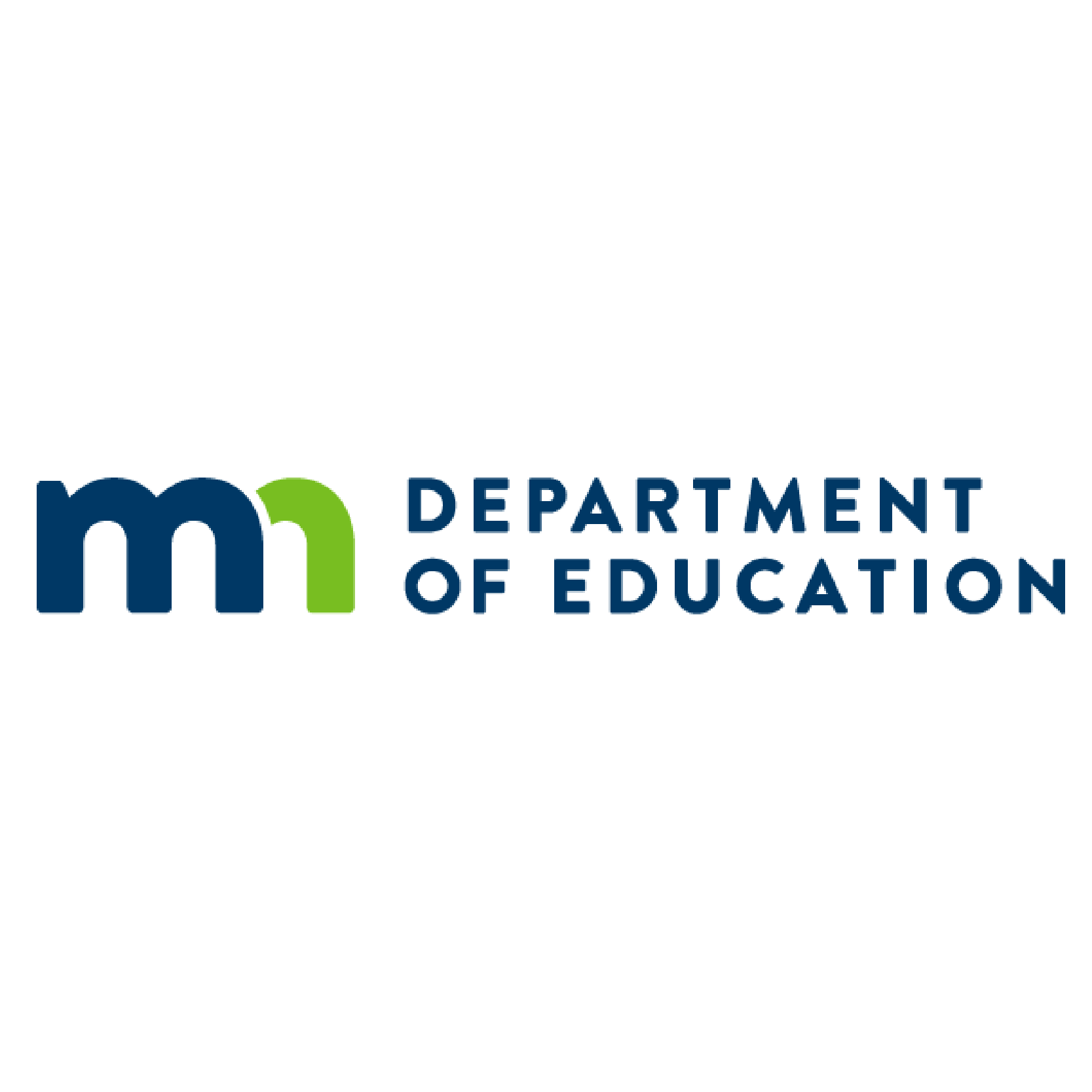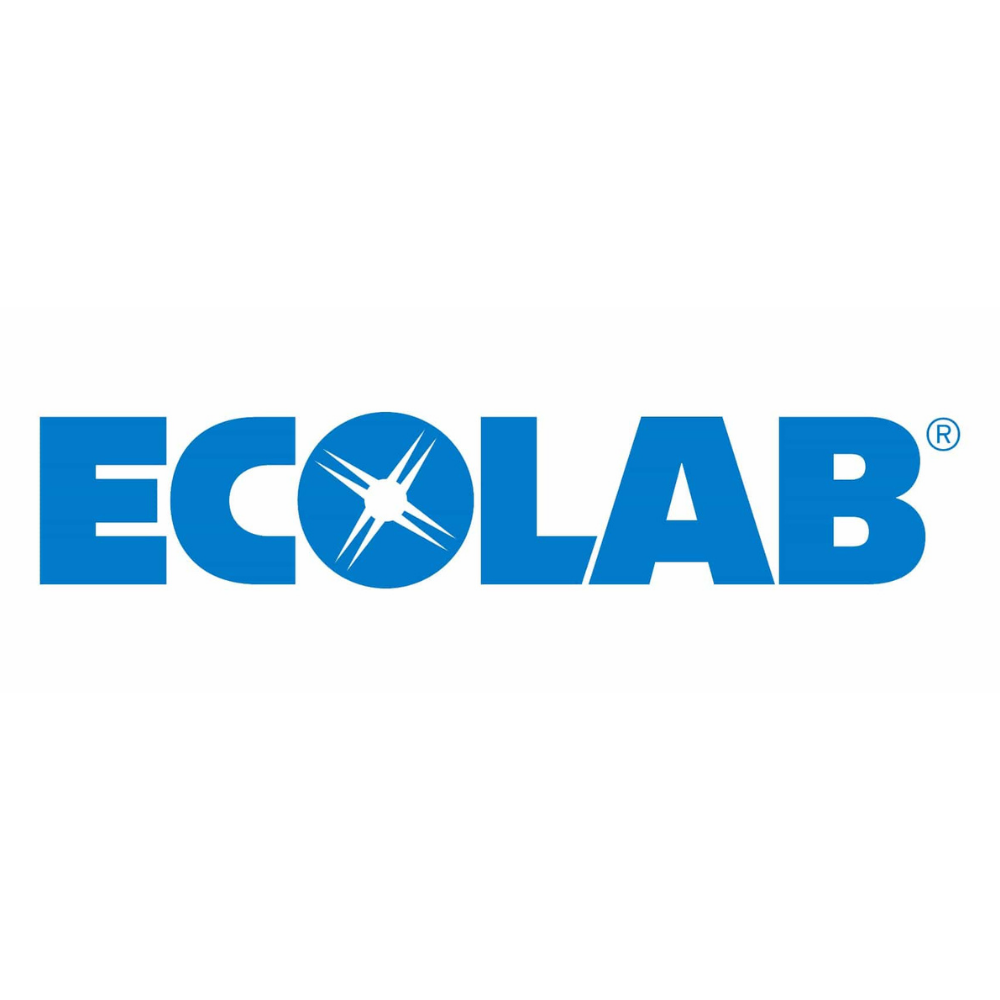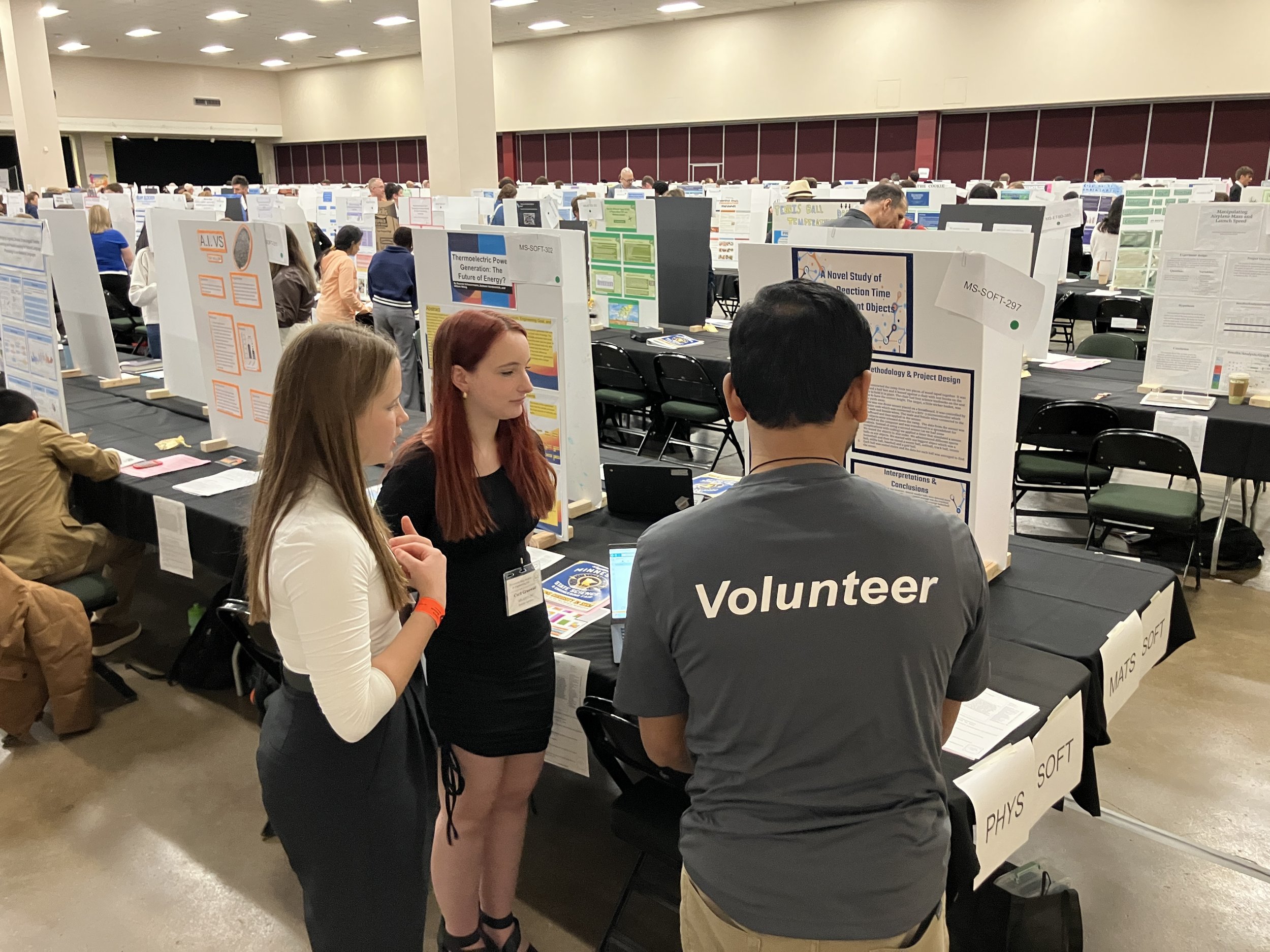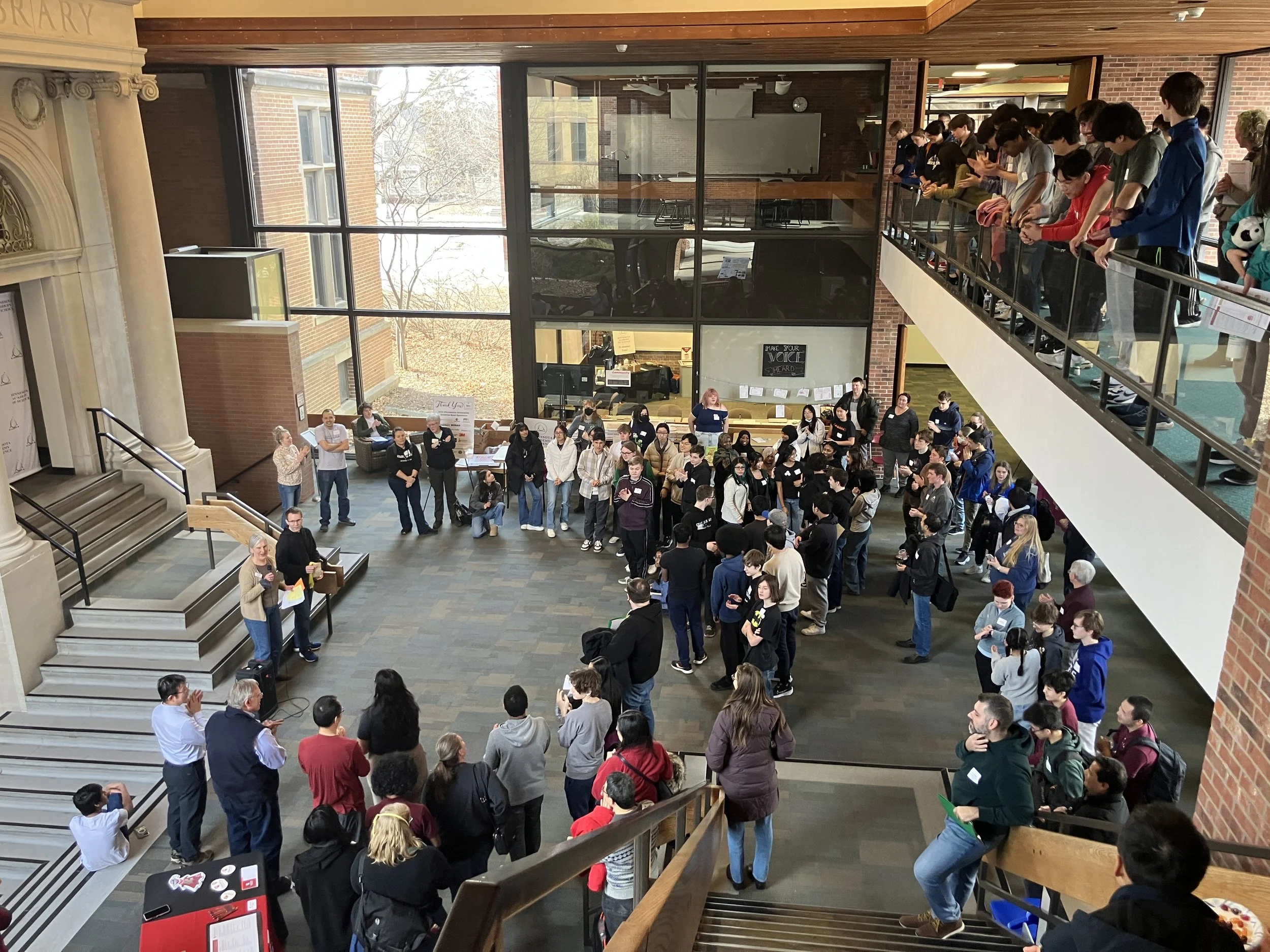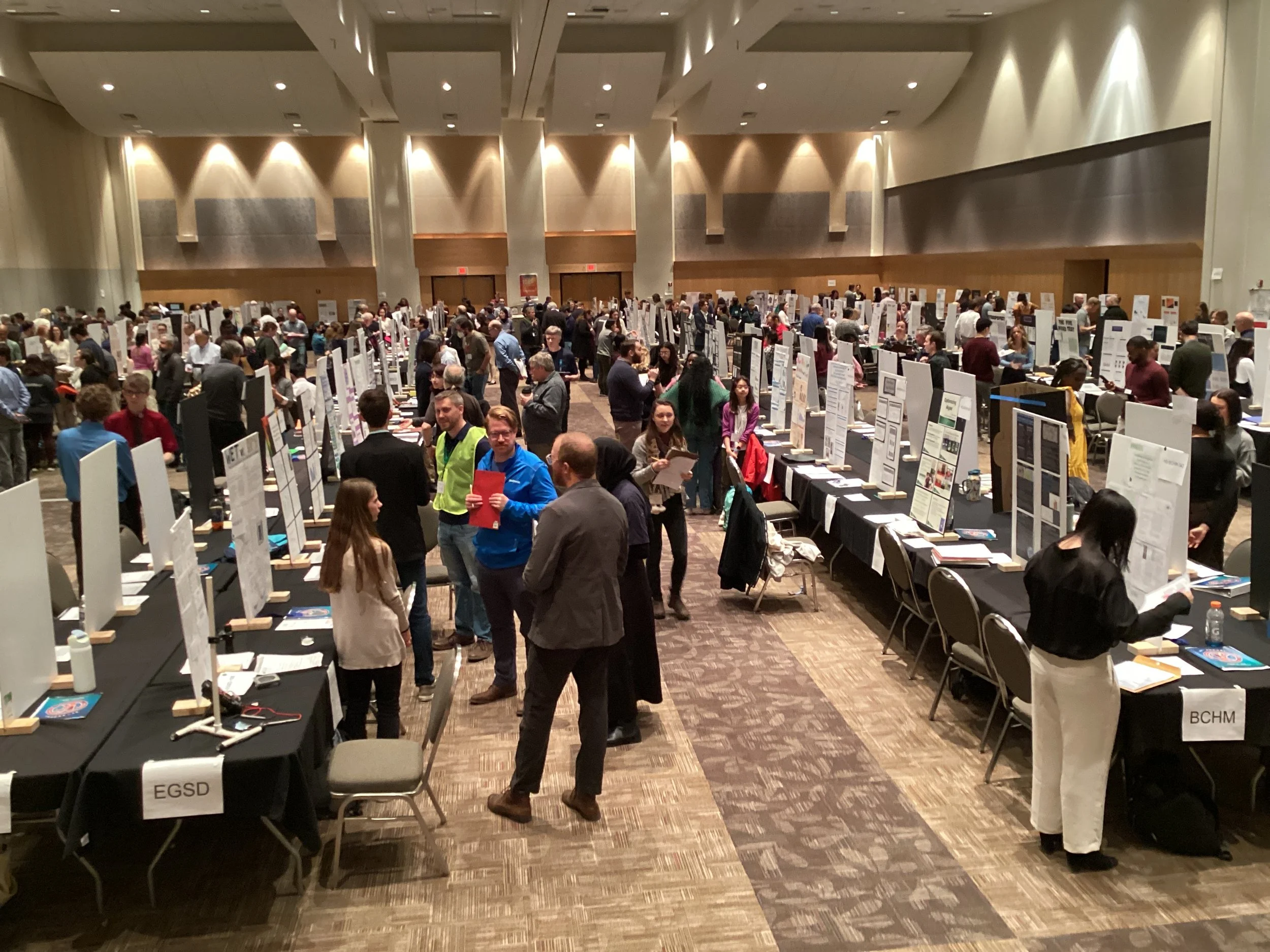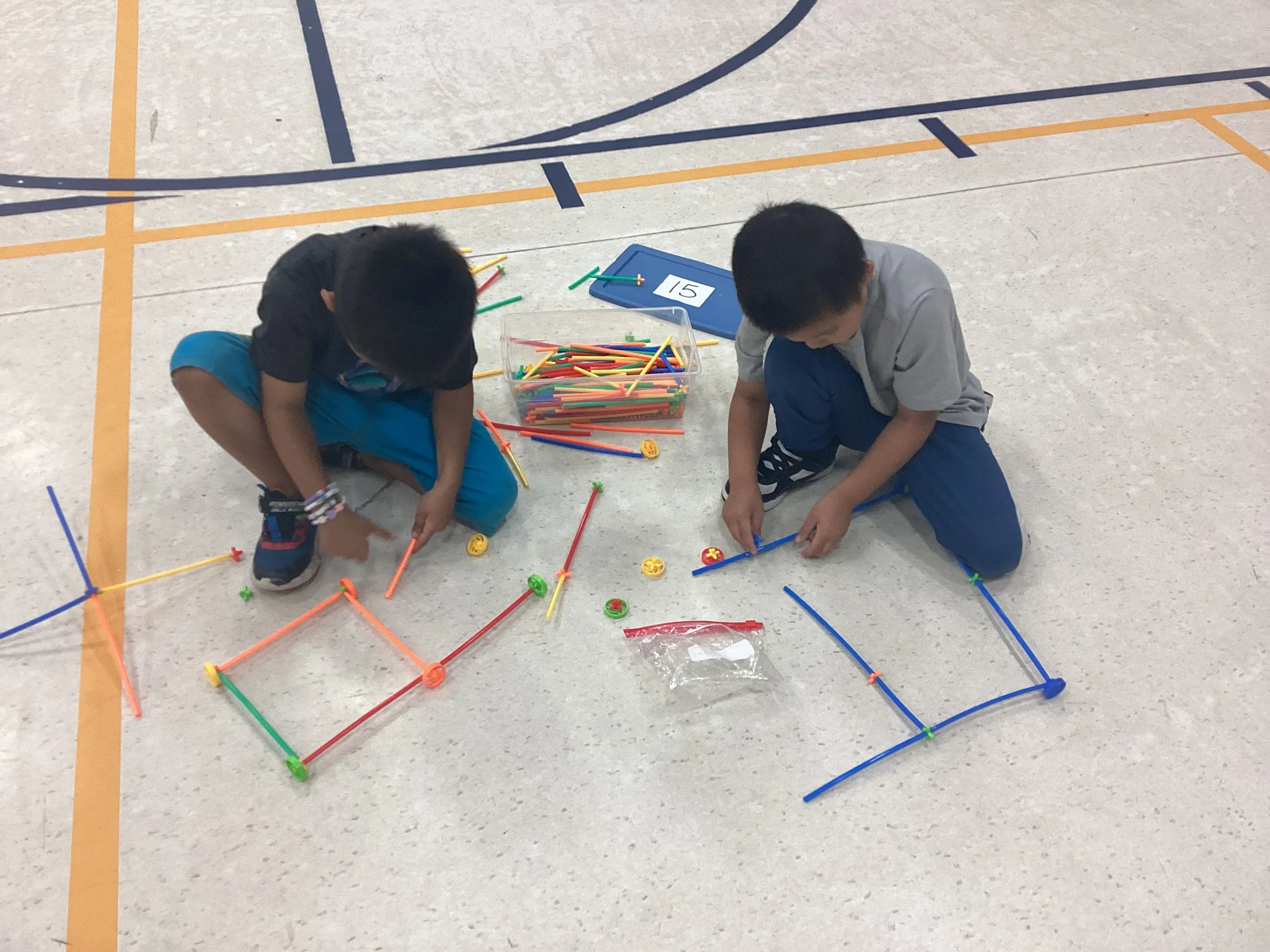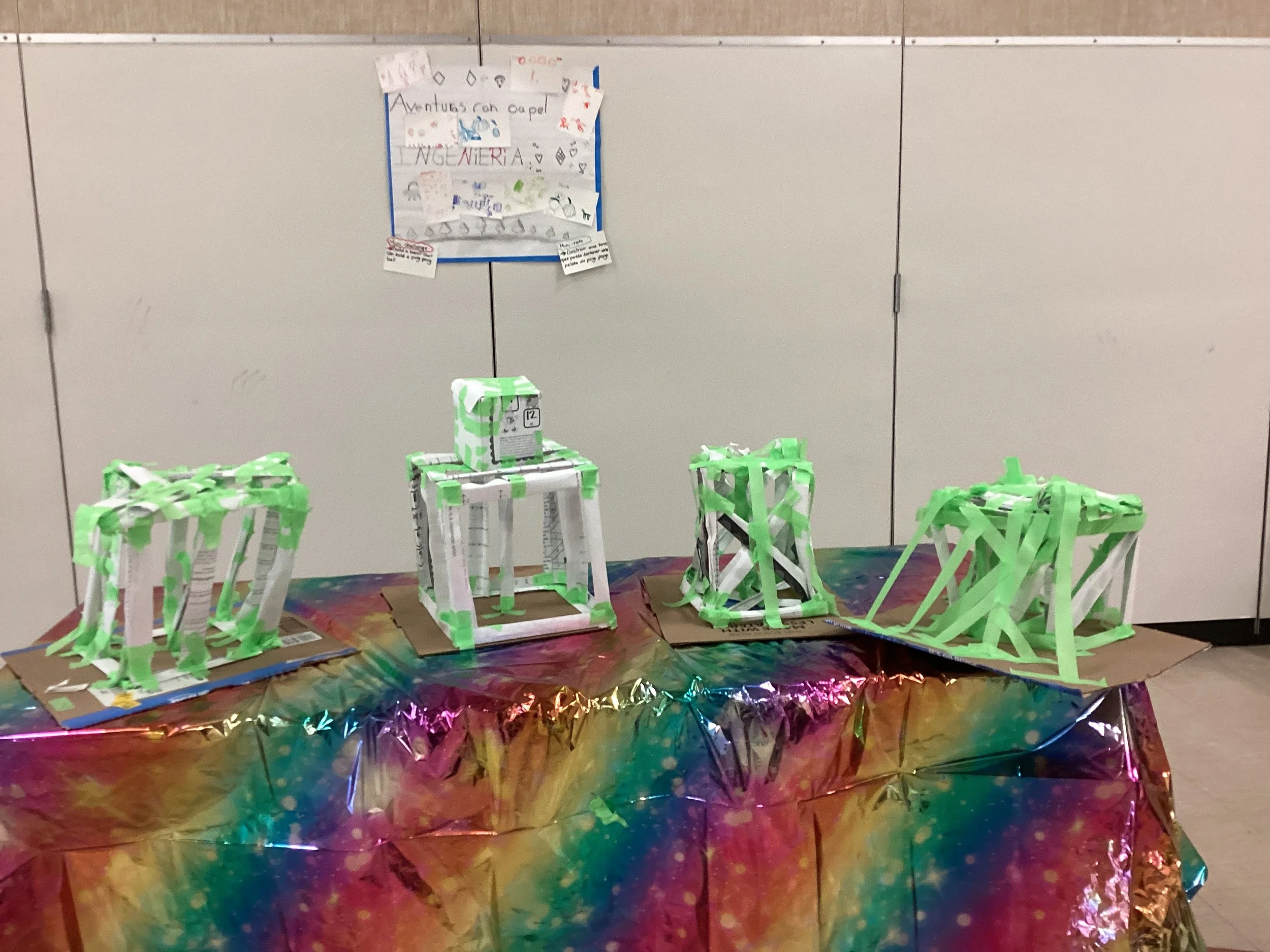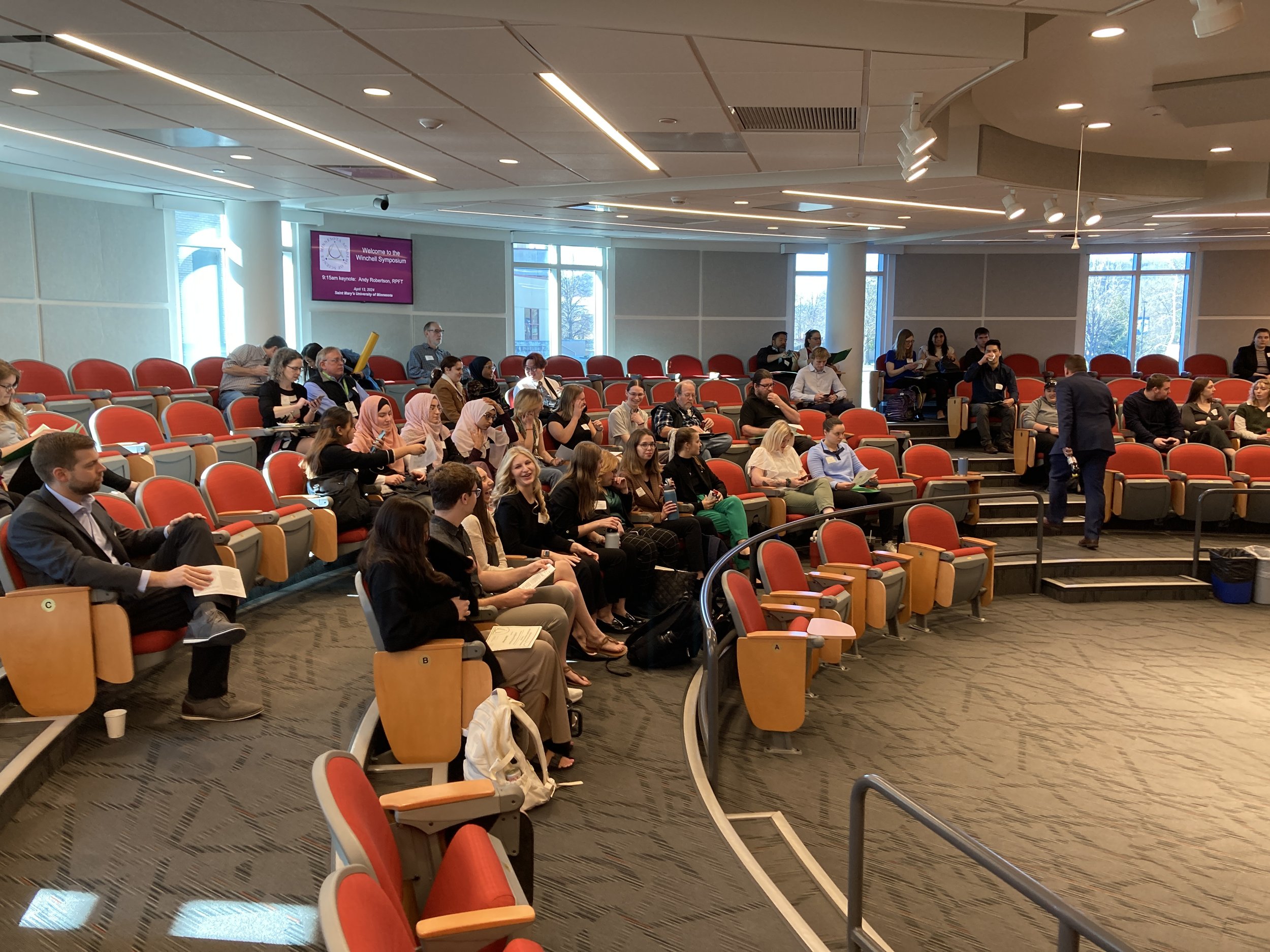MAS Mentoring Program in Full Swing at Bdote Learning Center
Students and mentors search for sources
Our science fair mentoring program, FORSE, is kicking into high gear at Bdote Learning Center in Minneapolis. Students and mentors are in the research stage of their collaborative STEM projects as they work together to compile sources. "Kids and mentors are working hard," reports FORSE Program Director Sara Gomez, "and everyone is looking forward to experimentation!" Students are researching and designing experiments covering a variety of topics, including 'how the absence of light affects activity in butterflies' to 'best methods of composting natural fabrics.' Stay tuned for more FORSE updates as the experiments move forward!
Alumni Profile: Hari Ganti
In 2011, Hari Ganti took home the 3M Innovation Award at the Minnesota State Science and Engineering Fair for his project, Flying in the Future: Phase Two of Optimizing an Airfoil for Inviscid Airflow. With a M.S. in mechanical engineering from Stanford, Hari is currently employed as a Vehicle Integration Engineer by Lucid Motors , a California startup specializing in luxury electric vehicles.
The experience of developing an innovative research project is just one of the ways science fair influenced Hari's post-high school trajectory. "Participating in the science fairs really helped me to understand how academic research is conducted," Hari says, explaining that the research experience he gained with his project mentor in high school gave him a leg up when entering college. Read more of Hari's story on our website.
Mayo Clinic's Dr. Jim Maher to Deliver Keynote Address at 2020 Winchell Symposium
The blast of cold weather in early December has us looking forward to the spring... and to the Winchell Undergraduate Research Symposium and MAS Annual Meeting on April 25. This year's event, which will be held at Crown College in St. Bonifacious, will feature a keynote address from Dr. Jim Maher of the Mayo Clinic.
Dr. Maher is the Bernard Pollack Professor of Biochemistry & Molecular Biology , the Director of the Mayo Clinic Initiative for Maximizing Student Development ( IMSD ) and the Director of the Post-Baccalaureate Research Education Program ( PREP ). Dr. Maher's laboratory has three main research focuses:
Understanding DNA bending and looping by proteins
Exploring small folded RNAs and DNAs as artificial tools for regenerative medicine and gene regulation
Understanding the biochemistry of metabolite imbalance in cancer
The Winchell Undergraduate Research Symposium prepares undergraduates to enter science, technology, engineering, and mathematics fields by providing a forum for students to showcase their scientific research, receive comments from professional scientists and peers, and network with professionals in the fields they aspire to enter. We are looking forward to a great symposium at Crown College this April!
Notable Recent MN STEM Books
Looking for a book to sink into on a cold winter night? Consider one of the many recent science books written by Minnesotans. Here are a few suggestions to get you started (quotes are from the publishers):
Lab Girl, Hope Jahren: "Lab Girl is a revelatory treatise on plant life - but it is also a celebration of the lifelong curiosity, humility, and passion that drive every scientist. In these pages, Hope takes us back to her Minnesota childhood, where she spent hours in unfettered play in her father's college laboratory."
What Should a Clever Moose Eat?, John Pastor: "Take a walk in John Pastor's North Woods - you'll come away with a new appreciation for details, for the game trails, beaver ponds, and patterns of growth around you, and won't look at the natural world in the same way again."
Doing Harm, Maya Dusenbery (2019 Minnesota Book Award for General Nonfiction Winner): "Dusenbery explores the deep, systemic problems that underlie women's experiences of feeling dismissed by the medical system."
The Science of Monsters, Meg Hafdahl and Kelly Florence: "Join Kelly and Meg as they unravel the medical mysteries and scientific marvels that inspired the creation of famous monsters like Nosferatu, Norman Bates, Dracula, Frankenstein, and more."
From the Archives: Excerpt from Charles Sheard's MAS Presidential Address, 1944
Dr. Sheard was MAS President from 1944-1945
"To a certain degree all scientists must work in relative isolation and in a background of scholasticism and learning wherever such is possible, and in the quietness of cognition and "mulling" things over. Equally important is the conferring of scientists with each other. In the past, and probably it will also be true to a certain extent in the future, the advances of science have been made by the individual working alone in his own nook and corner, carefully recording his observations and experiments, and on occasion coming under the inspiration of conferences among like souls who are concerned about the enchanted lands beyond the borders of the known." - Published in the Proceedings of the Minnesota Academy of Science, Volume 12
Read Dr. Sheard's complete address and browse the full journal. Learn more about the history of the Minnesota Academy of Science.
Minnesota STEM News
Francisco Gomez (UMN-Twin Cities) studies soybean genetics in hopes of increasing production with less resources
Public Health : Minnesota Pollution Control Agency continues project to measure air quality in every zip code of the Twin Cities
Family Medicine: UMN-Twin Cities researcher finds that families who eat meals together as few as two times per week experience a range of health benefits
Wildlife Biology: Citizen scientists search the St. Croix River for Wabash Pigtoe Mussels
Criminology: Metropolitan State and Hamline University students collaborate on national mass shooter database
Ecology: Researcher at the UMN-Duluth's Large Lakes Observatory maps the benefits people reap from large lakes
Neonatology: Doctor at Masonic Children's Hospital searches for ways to minimize stress for babies undergoing airway procedures in the NICU
Ecology: UMN-Twin Cities study shows that plant biodiversity suffers for decades after farm abandonment
Archaeology: Dendrochronological analysis of Red Pine trees reveals centuries old Anishinaabeg and Euro-American trading routes in Northern Minnesota
Agronomy: Minnesota researcher at the forefront of developing Kernza, a perennial grain that increases soil health
Biomedical Science: UMN-Duluth professor studies deer tick distribution to track Lyme's Disease
Public Health: UMN-Twin Cities study examines the occurrence of undiagnosed Atrial fibrillation in older adults
Minnesota STEM Events
Animal Tracks and Signs, December 14, Afton State Park
24th Annual Winter Bird Count, December 16, Itasca State Park
After Hours at the Bell Museum, December 18, St. Paul
Making Connections to our Water World, December 19, Itasca State Park
Bird Language Workshop, January 5, Bloomington
What's Up? At the Planetarium, January 7, Moorhead
Capturing the Story of our Place - Professional Development for Educators at the Great Lakes Aquarium, January 11, Duluth
Speaking Science Conference, January 16, Minneapolis
University of Minnesota Physics Force Show, January 18, Minneapolis
Making Sense of Controversial Science in an Age of Polarized Politics, January 22, Minneapolis
Snow Science Experiments , January 25, Lake Bemidji State Park
Critical support for Minnesota Academy of Science programs comes from our 2020 sponsors and event hosts, including: Minnesota Department of Education, Seagate Technology, National Science Teachers Association, Ecolab, 3M, General Mills Foundation, Hardenbergh Foundation, Benilde-St. Margaret's School, University of St. Thomas, Macalester College, Crown College, Verizon Wireless.








